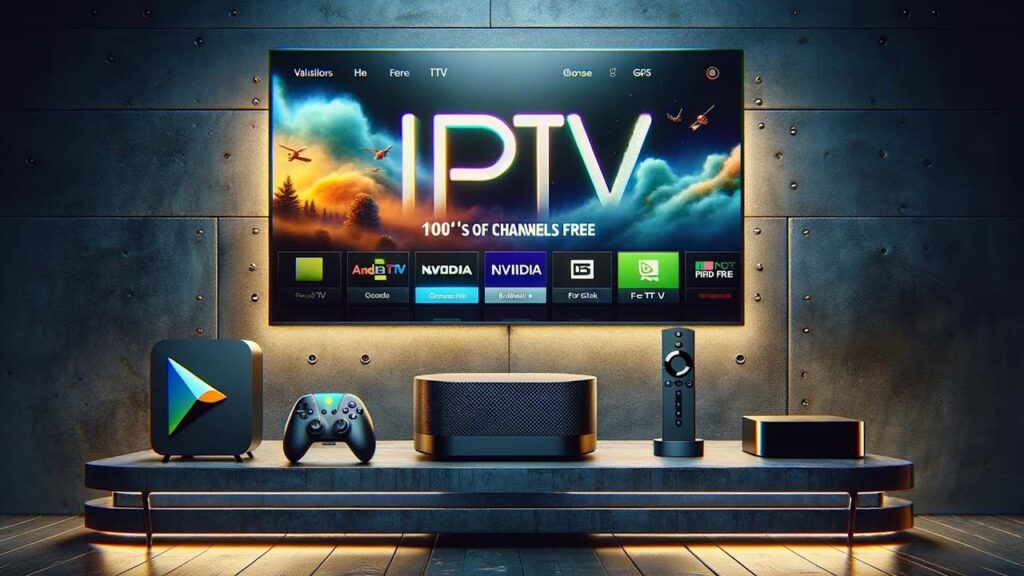
In the rapidly evolving landscape of digital media, abonnement iptv (Internet Protocol Television) has emerged as a groundbreaking technology, reshaping how we consume television content. Unlike traditional broadcasting methods, which rely on satellite or cable, IPTV delivers television content over the internet, offering users a more flexible and interactive viewing experience. This article delves into the evolution, advantages, challenges, and future potential of IPTV, highlighting its role in the digital transformation of television.
The Emergence of IPTV
IPTV first gained traction in the early 2000s, coinciding with the widespread adoption of broadband internet. As internet speeds increased, the possibility of delivering high-quality video content via the internet became a reality. IPTV leverages Internet Protocol (IP) networks to transmit video streams, allowing users to watch live TV, on-demand content, and even record shows through a single internet connection. This marked a significant departure from the traditional broadcasting models, where content delivery was linear and subject to strict scheduling.
Key Features and Advantages of IPTV
One of the most compelling features of IPTV is its on-demand capability. Unlike traditional TV, which requires viewers to tune in at specific times, IPTV allows users to access content whenever they want. This flexibility is further enhanced by the ability to pause, rewind, and fast-forward through content, much like a digital video recorder (DVR).
Another advantage is the personalization of content. IPTV platforms often use algorithms to recommend shows and movies based on a user’s viewing history, preferences, and ratings. This personalized approach enhances user engagement and satisfaction by offering content that is more likely to align with individual tastes.
Moreover, IPTV supports a wide range of devices, from smart TVs and smartphones to tablets and PCs. This multi-device compatibility ensures that users can access their favorite content anytime, anywhere, as long as they have an internet connection. For consumers, this translates to unprecedented convenience and mobility in their viewing habits.
Challenges Facing IPTV
Despite its many advantages, IPTV is not without its challenges. One of the primary concerns is bandwidth. High-quality video streaming, especially in 4K or HD, requires substantial bandwidth. In areas with limited or unstable internet connections, this can lead to buffering issues and degraded video quality. As such, the quality of the user experience is heavily dependent on the strength and reliability of the internet connection.
Piracy is another significant challenge for IPTV providers. The digital nature of IPTV makes it relatively easy for unauthorized users to access and distribute content illegally. This not only impacts revenue streams for content creators and providers but also raises concerns about the security of IPTV systems.
Moreover, the regulatory environment surrounding IPTV is still evolving. In many regions, the lack of clear regulations can create uncertainty for providers, who must navigate a complex web of licensing agreements and content distribution rights.
The Future of IPTV
Looking ahead, the future of IPTV appears promising, driven by technological advancements and changing consumer behaviors. As internet speeds continue to improve and 5G networks become more widespread, the quality and reliability of IPTV services are expected to increase significantly. This will likely lead to greater adoption of IPTV, particularly in regions where traditional broadcasting infrastructure is lacking.
Additionally, the integration of IPTV with emerging technologies like artificial intelligence (AI) and machine learning could further enhance the user experience. For example, AI could be used to deliver even more accurate content recommendations, while machine learning algorithms could optimize streaming quality based on network conditions.
The rise of smart homes and the Internet of Things (IoT) also presents new opportunities for IPTV. Imagine a future where your TV interacts seamlessly with other smart devices in your home, offering a truly integrated entertainment experience.
Conclusion
IPTV has undeniably transformed the way we consume television, offering a level of convenience, personalization, and interactivity that was unimaginable just a few decades ago. While challenges such as bandwidth limitations, piracy, and regulatory uncertainties remain, the continued evolution of internet technologies and the growing demand for on-demand content suggest that IPTV will play an increasingly central role in the future of television.
As the digital landscape continues to evolve, IPTV stands at the forefront of this transformation, poised to redefine our relationship with television in the years to come. Whether through enhanced streaming quality, more personalized content, or greater integration with smart technologies, IPTV is set to shape the future of entertainment in profound ways.
